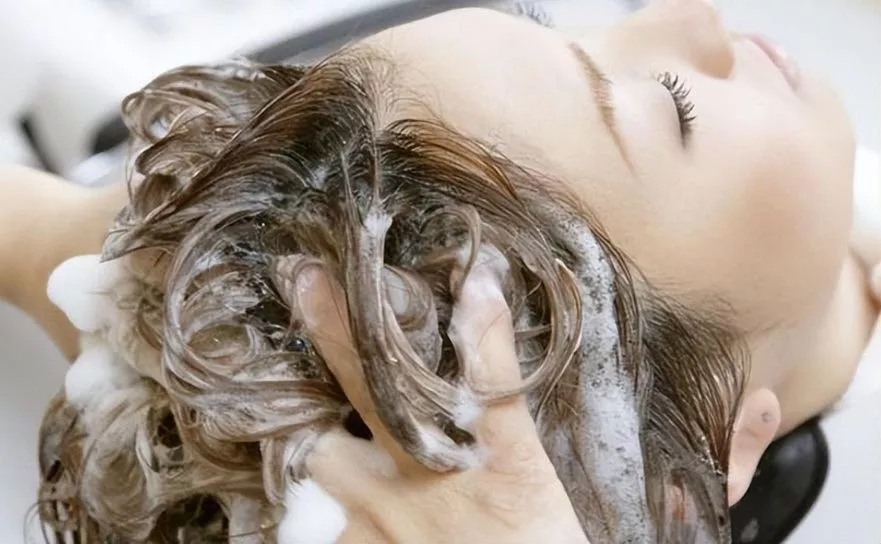Maintaining healthy and vibrant natural hair involves a myriad of factors, and one crucial aspect is determining the optimal frequency of washing. Unlike straight or chemically treated hair, natural hair requires a delicate balance of cleansing and moisture retention to thrive. With various textures and porosities among individuals, there’s no one-size-fits-all answer to how often natural hair should be washed. However, by understanding your hair type, lifestyle, and environmental factors, you can develop a personalized washing routine that promotes optimal hair health.
What is Natural Hair
Natural hair refers to hair that has not been chemically altered by relaxers, texturizers, perms, or straightening treatments. It is hair that grows from the scalp without the use of these chemical processes to alter its natural texture or curl pattern. Natural hair encompasses a wide range of textures, from straight to wavy to curly to kinky, and it varies greatly among individuals based on genetics, ethnicity, and other factors.
Factors Infuencing Washing Frequency
Several factors influence how often you should wash your natural hair:
1. Hair Texture: The texture of your hair plays a significant role in determining washing frequency. Coarser textures, such as Type 4 hair, typically require less frequent washing compared to finer textures.
2. Scalp Condition: A healthy scalp is essential for maintaining healthy hair. If you have a dry scalp, frequent washing may exacerbate the issue by stripping away natural oils. Conversely, an oily scalp may require more frequent washing to prevent buildup and maintain cleanliness.
3. Lifestyle: Your lifestyle and daily activities can impact how often you need to wash your hair. For instance, if you engage in regular exercise or live in a hot and humid climate, you may need to wash your hair more frequently to remove sweat and environmental pollutants.
4. Product Buildup: The use of styling products, oils, and butters can lead to product buildup on the hair and scalp. Regular washing helps to remove this buildup and prevent clogged pores, which can inhibit hair growth.
5. Porosity: Hair porosity refers to how well your hair can absorb and retain moisture. Low porosity hair repels moisture and may require less frequent washing to prevent moisture overload, while high porosity hair absorbs moisture quickly and may benefit from more frequent washing to maintain hydration.
Developing a Washing Routine
Creating a washing routine tailored to your hair’s needs is essential for maintaining its health and vitality. Here are some tips to help you develop an effective routine:
1. Listen to Your Hair: Pay attention to how your hair looks and feels between washes. If it feels dry and brittle, it may be a sign that you’re washing too frequently. Conversely, if you notice excessive oiliness or product buildup, you may need to wash more often.
2. Use Gentle Cleansers: Opt for sulfate-free shampoos and cleansers that won’t strip your hair of its natural oils. Look for products formulated specifically for natural hair, as they are often gentler and more nourishing.
3. Incorporate Co-Washing: Co-washing, or conditioner washing, involves using a cleansing conditioner instead of shampoo to cleanse the hair. This method is less stripping than traditional shampooing and can help maintain moisture levels between washes.
4. Adjust Based on Season: Your hair’s needs may change with the seasons. In colder months, when indoor heating can dry out the air, you may need to wash less frequently to prevent moisture loss. In contrast, hot and humid weather may necessitate more frequent washing to combat sweat and humidity.
5. Protective Styles: If you frequently wear protective styles such as braids or twists, you may be able to go longer between washes. However, it’s essential to ensure that your scalp remains clean and moisturized to prevent issues such as dandruff or itching.
6. Deep Conditioning: Regular deep conditioning treatments are crucial for maintaining moisture and elasticity in natural hair. Incorporate deep conditioning into your washing routine to replenish moisture and keep your hair healthy and strong.
Conclusion
Determining how often to wash your natural hair requires careful consideration of various factors, including hair texture, scalp condition, lifestyle, and environmental factors. There is no one-size-fits-all answer, as each individual’s hair is unique. By listening to your hair’s needs, using gentle cleansers, and adjusting your routine as necessary, you can develop a washing routine that promotes optimal hair health and vitality. Remember to prioritize moisture retention and scalp health to keep your natural hair looking its best.


